|
I thought long and hard about whether I should do a special episode for our 200th show, but I didn’t really have any profound ideas, so I decided just to do a regular episode. What I do want to do though is sincerely thank you for listening to to my little lessons that I helped me learn about homebuilding, as I was hopefully teaching you. I can’t tell you how much I appreciate your kind emails and reviews. Thanks for telling friends and family about the podcast and for encouraging and supporting me these last several years. My project has been more challenging than most, and has had a very slow start, but as we move forward, I’ll be getting busier and busier. So, I may only be able to put an episode every other week. It depends on my what else I’ve got going on. For weeks that I don’t put out a new episode, you might want to listen some of the episodes you’ve missed, or take another listen to shows you’ve heard before. I’ve told you this previously, but even though I’ve done the research for and recorded these episodes, I need to review them because there’s just so much information to remember. The other thing I'd advise you to do is subscribe to the podcast, so new episodes, as soon as they are released, whether that’s 2,3 or 4 times a month, will be added to your podcast library or email. Alright, let’s get to this quick lesson. According to residential construction expert Mike Holmes from the show Holmes on Homes, “If your garage is attached to your house, the most important thing is to make sure it’s sealed. You must keep fumes, exhaust and carbon monoxide out of the house.”
You don’t want off-gassing in your garage from your vehicle’s exhaust to seep though the garage drywall into the main house. In my house, for example, we are planning on attaching the Zip System on the garage wall that connects to the house. Remember the Zip System is a continuous, rigid air barrier that significantly decreases unwanted air leakage. This not only gives you greater energy efficiency by decreasing unwanted heat flow, but it also alleviates the chance of fumes seeping into the house. Alternatively, you can go around the garage with a can of low-expanding spray foam and seal all gaps, openings or cracks.
And you should not have vents going from your garage to the inside of your home. That might seem obvious, but Mike Holmes says this is a mistake that is not uncommon. So, you definitely want to air seal the garage wall that attaches to the main house. You also want to insulate that wall that’s shared by the garage and the house. That wall, although it is inside the garage, should be treated like an exterior wall of the house. Seal it and insulate it because you want to keep unconditioned garage air and uncomfortable temperatures in the garage, and not let them in the house . You can use most any type of insulation for the garage wall that connects to the house— from fiberglass batts to cellulose to spray foam insulation. But Mike Holmes suggests closed-cell spray foam because not only will it serve the stop unwanted heat flow, but closed cell spray foam insulation also acts as barrier to stop carbon monoxide from entering the home. Closed cell spray foam insulation forms a solid, near-impermeable mass once installed. In addition to stopping potential garage fumes and unwanted heat or cold from entering the home from the garage, we also want to decrease the chance of a garage fire from entering the home. To do this, install at least a 20-minute fire-rated door between the garage and the inside of the house. This is a requirement of many building codes, but even if it’s not required in your area, it’s a good idea. if you live in an area prone to wildfires, you may be required to install a door with an even greater fire rating. That door, by the way, shouldn’t have a pet door cut out of it, because of potential dangers of potential spread of fire and fumes. The door should preferably be self-closing, just in case you leave the door open while your car is running. If you’re going to have a room above the garage, you’ll need to insulate the garage ceiling. Otherwise, that room will be uncomfortably cold or hot, depending on the time of year. Attached garages are one of the biggest sources of heat loss in a home, because of air leakage. Again, you can use almost any type of insulation you want, but closed cell spray foam is the gold standard. Ok, so we know now that we need to insulate the wall that connects the garage to the house and the garage ceiling if you’ll have a room over the garage. But should all walls of the garage be insulated? If your garage is heated, yes, you obviously want insulation in all walls of the garage. But if your garage is not heated, you don’t want to insulate all the garage walls because doing so can cause mildew. You’ll also want an insulated garage door. You can learn more about insulated garage doors in episode 60 called "How to increase your home’s curb appeal, part 2." If you have a detached garage, you don’t have to add any insulation unless you adding a finished room over the garage (in which case you'd add insulation to the ceiling) or unless you’ll be heating and cooling that detached garage. That's it for this week. Thanks for stopping by. Please remember that the purpose of this podcast is simply to educate and inform. It is not a substitute for professional advice. The information that you hear is based the only on the opinions, research and experiences of my guests and myself. That information might be incomplete and it’s subject to change, so it may not apply to your project. In addition, building codes and requirements vary from region to region, so always consult a professional about specific recommendations for your home.
0 Comments
Your comment will be posted after it is approved.
Leave a Reply. |
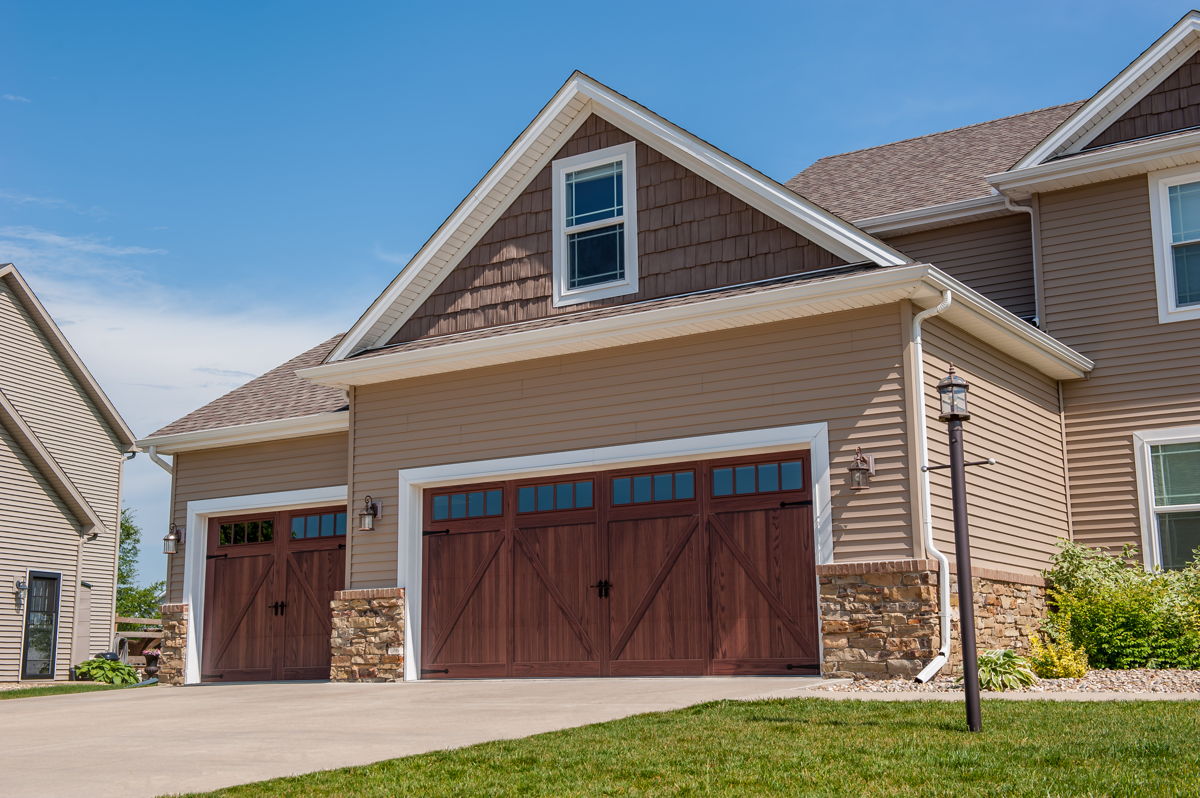
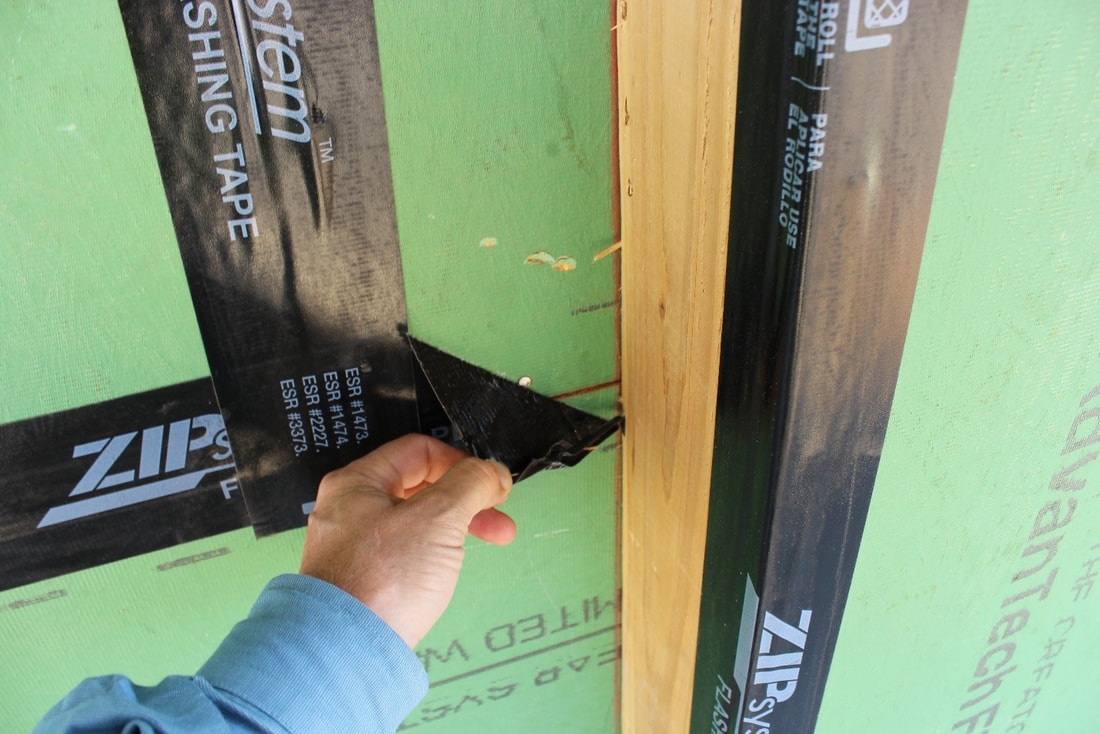
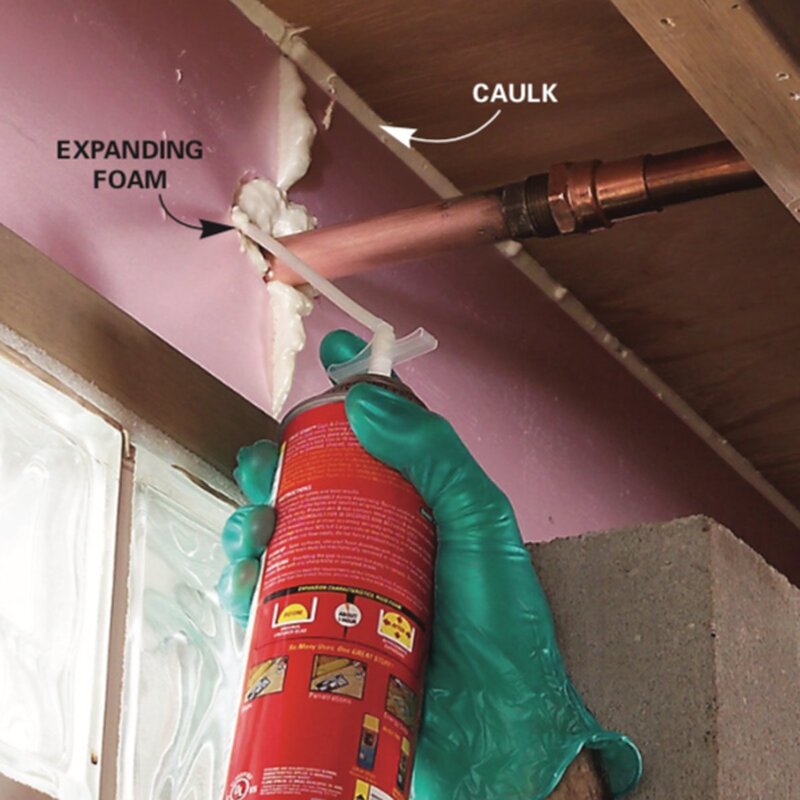
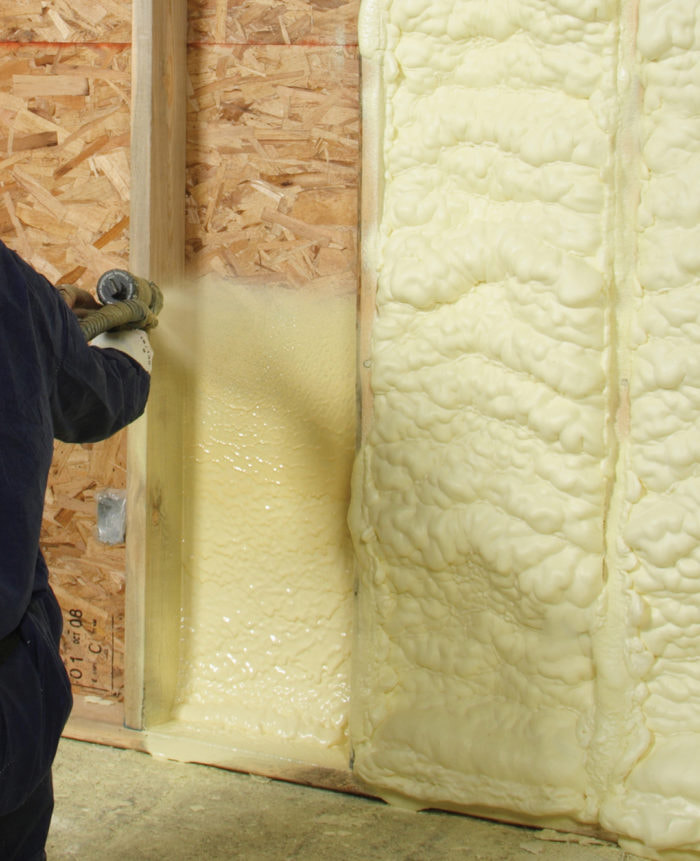
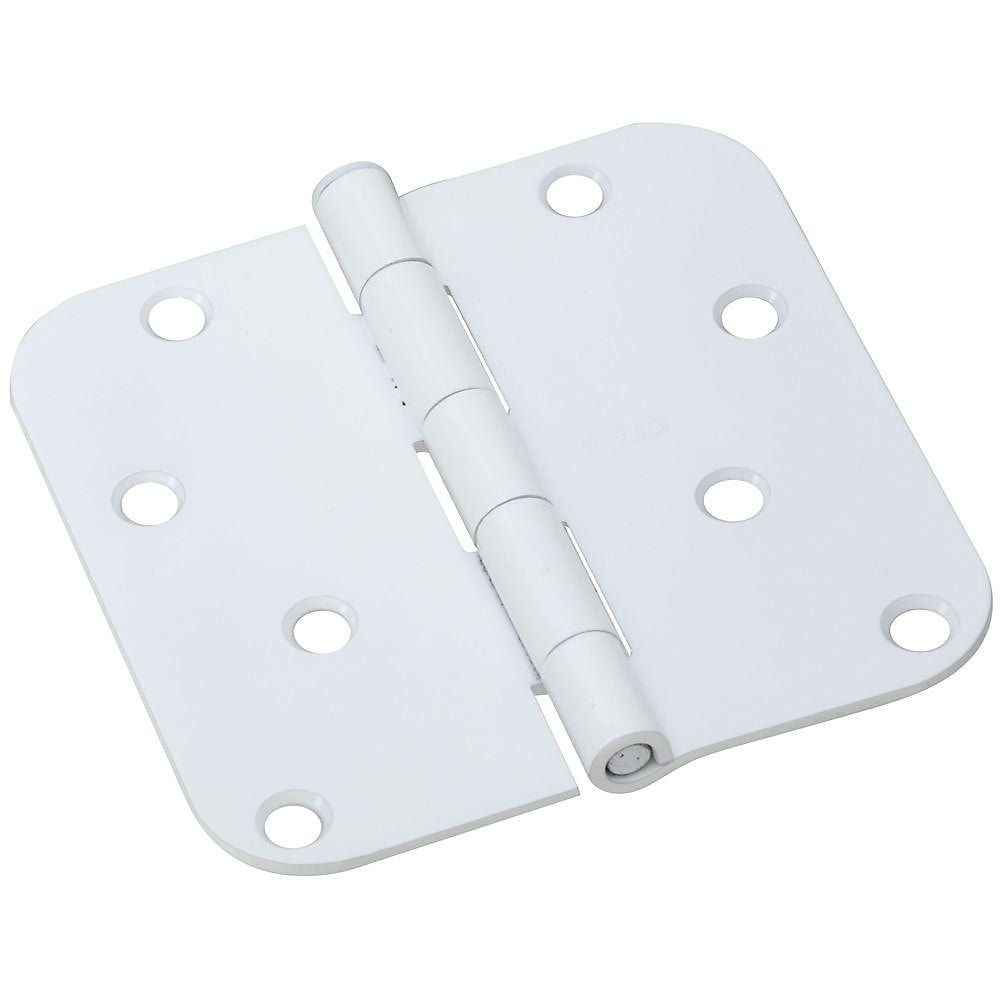
 RSS Feed
RSS Feed